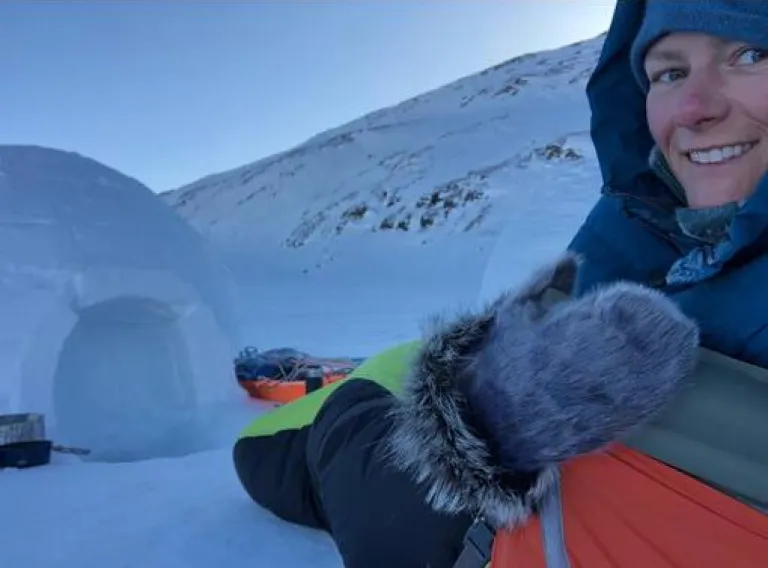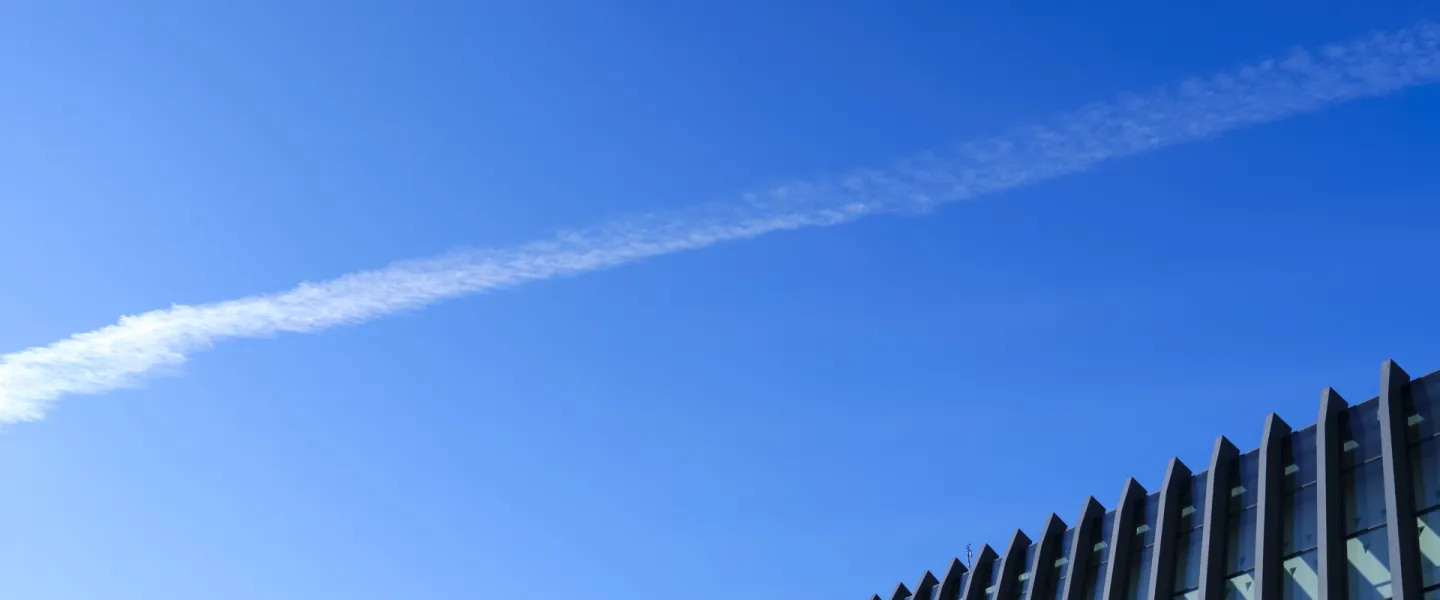Askja
Room N-132
Doctoral candidate:
Barbara Olga Hild
Title of thesis:
Tourist safety on adventure trips: Guide’s competencies and risk management strategies in the Arctic
Opponents:
Dr. Bjørn Ivar Kruke, Associate Professor at the University of Stavanger, Norway.
Dr. TA Loeffler, Professor at Memorial University, Canada.
Advisor:
Dr. Gunnar Þór Jóhannesson, Professor at Faculty of Life- and Environmental Sciences, University of Iceland
Other members of the doctoral committee:
Dr. Are Kristoffer Sydnes, Professor at The Arctic University of Norway, Norway
Dr. Patrick T. Maher, Professor at the Nipissing University, Canada
Sigmund Andersen, Assistant Professor at the The Arctic University of Norway, Norway
Chair of Ceremony:
Dr. Snæbjörn Pálsson, Professor and Head of the Faculty of Life- and Environmental Sciences, University of Iceland
Abstract:
Arctic adventure tourism is growing rapidly, increasing the risk of accidents and placing pressure on local emergency preparedness systems. This research explores the relationship between the role and competencies of adventure guides and their ability to ensure safety in the field. Focusing on Iceland, Svalbard, and Greenland, the study examines guides’ training, safety practices, risk management, and the role of search and rescue operations. Based on four years of interviews, document analysis, and stakeholder collaboration, the findings reveal that experienced guides rely on reflective practice and ongoing competence development. However, their expertise is often under-recognized by authorities and some tourism operators, limiting its integration into policy and risk strategies. This research highlights the need to bridge the gap between theory and practice, advocating for the inclusion of guide knowledge in decision-making processes. By integrating tourism, safety, and education, the study emphasizes that Arctic safety is multi-dimensional, requiring an interdisciplinary approach. The research contributes to a broader understanding of safety competence in polar guiding and calls for more inclusive and context-specific training programs. Future research should explore long-term impacts of guide education, student self-efficacy, and the effectiveness of stakeholder collaboration. Indigenous methodologies must also be prioritized to ensure culturally relevant and innovative approaches to guide training and risk management. Ultimately, this study offers a systematic representation of guide knowledge and urges stakeholders to co-create, apply, and share this knowledge to enhance safety and resilience in Arctic adventure tourism.
About the doctoral candidate:
Barbara's career includes managing outdoor programs in Southeast Asia, developing safety training curricula, teaching at Arctic guiding schools, guiding in remote polar regions, and ensuring safety during scientific expeditions in Greenland. Focusing on developing a comprehensive understanding of local knowledge as a key factor in safety, Barbara spent three years living and working in China, three years in the USA, four years in Svalbard, and over two years in Greenland. In August 2020, Barbara began her PhD journey- researching safety and risk management in the Arctic while working for a guiding school in Greenland, the US National Science Foundation, and taking part in various expedition projects. Her practical experience as a guide and teacher helped her understand the unique challenges of Arctic environments. For the past years, she has focused her research on risk management in adventure tourism and outdoor education, covering topics like guide training, safety skills development, local knowledge, community engagement, and emergency preparedness in extreme conditions. Part of her research was conducted as a guest PhD student at the Arctic Safety Centre in Svalbard. In 2021, she completed a university course in Safety Management and Emergency Preparedness and Response in the Arctic at UNIS, Svalbard. Barbara also holds a Diploma in Arctic Nature Guiding from UiT – The Arctic University of Norway (2018), and a Diploma in Icelandic as a Second Language from the University of Iceland (2017). Earlier in her academic path, she completed a Master’s degree in Education (2016) and a Bachelor's degree in Journalism (2013), both in Poland. Alongside her academic work, Barbara is a proud mother of Leó Jökull and enjoys raising two wonderful children in North Iceland.

Share
Buses 14, 1, 6, 3 and 12 stop at the University of Iceland in Vatnsmýri. Buses 11 and 15 also stop nearby. Let's travel in an ecological way!
